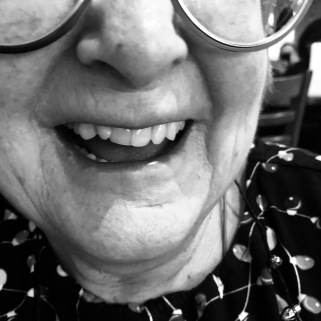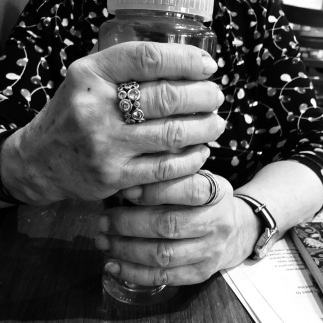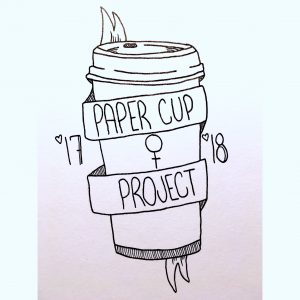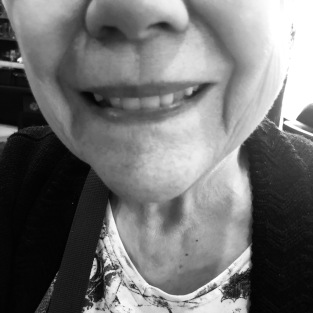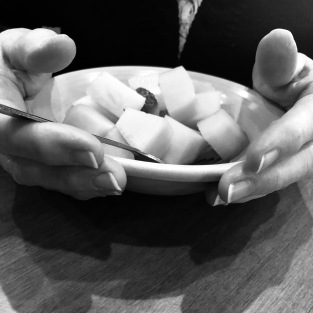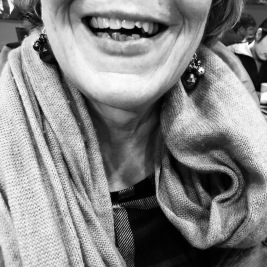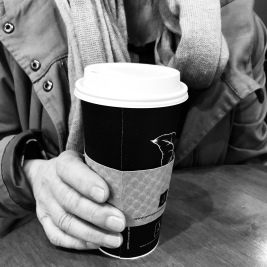#41 (GeriActor #3)
Pronouns: She/Her
- My mother was a groundbreaker, in the late 1960s she was one of the first female city councillors in our small town. One day, she wore a pantsuit to a council meeting and it hit the front page of the news, people were saying “my God, what’s the world coming to?!”
- Because my mother was such a trailblazer, I never really noticed a difference in how my brothers and I were treated
- I never really paid attention to my gender until I was older. Growing up I was a lot younger and smaller than everyone else, which was amplified when I skipped a grade in school. I graduated and immediately left to go to college at age 16, and was still fairly tiny and young-looking.
- In college, I joined the Student Council and a lot of the other councillors were much older students; I was quite a bit younger than everybody else. It wasn’t until many years later that I learned they’d all been referring to me as ‘jailbait’ while I was part of the Council.
- I began working for a federal government agency, I was the first female ever hired for that position. We would all travel to conferences and I would be the only woman there as well; I was certainly teased being the only woman, but it never really bothered me!
- I don’t really remember women’s rights being an issue until I got pregnant with my first child in 1983 (while working in the same government position), which was when I really began to notice the discrepancy between men and women in the office.
- The job involved hauling heavy items (projector, projecting screen, boxes of books) and although I was pregnant, my boss who could see me struggling to carry these items, wouldn’t so much as open a door for me, because if I “thought that [I] was woman enough to be in this ‘man’s’ position then [I] should be able to open [my] own doors”
- I was working for the same organization, in an assistant position along with two other women, where the office was sort of split up into clerical staff and the men who had the “real jobs”. Furthermore, it had always been that there were “men’s coffee breaks” and “girls’ coffee breaks”. We decided this was bullsh*t, because of course the men’s coffee breaks were where actual interesting discussion occurred about what was happening within the organization. So the three of us assistants went to join the men on their coffee break, and the chief of the office walked out and never came back!
- In 1985, when I was doing my MBA as a mature student, I noticed many sexist comments from the young men (who would one day be professional businessmen) in the program wondering why their female colleagues weren’t home, pregnant, in the kitchen, etc.
- Being treated as a senior woman today is interesting .. I get called “dear” a lot, and the tone of voice people address me with makes me feel as though I’m being treated like a small child, like people are trying to relate to a “little old lady”. It makes me cross!
When people say ‘Thank you, dear”, I want to say, ‘You’re welcome, Moose!’”
- I was on my way to Scotland to visit my son 8 years ago and the train was stuck on the train tracks. It was starting to get cold, and I heard one of the attendants make her way down the aisle to hand out blankets to “the children and the elderly”, and when she got to me, she handed me a blanket, no questions asked. I didn’t know whether to be offended or not, but I gladly accepted the blanket, although I don’t think of myself as elderly or a little old lady
- I was on another trip where my friend and I were the only people around our age on the bus (a lot of the others were much younger) and we were going to climb up a mountain. When we finished our hike, the bus driver was waiting and asked us, “Did you manage to get all the way to the top?”, when we said yes, that we had a wonderful time and enjoyed the hike, he responded, “I thought for sure I was going to end up carrying you both back down”.
- When I retired 15 years ago, I ran away to Clown School in Eau Claire, Wisconsin and became a trained therapeutic clown, as well as a trained leader in Laughter Yoga. I took part in a seniors’ drama class in Red Deer before moving to Edmonton and joining the GeriActors
- The GeriActors have helped me immensely in my personal life; coping with tough situations through laughter, which is incredibly important. I believe that when you have a good laugh, it doesn’t solve the problems, but it makes them easier to deal with!
